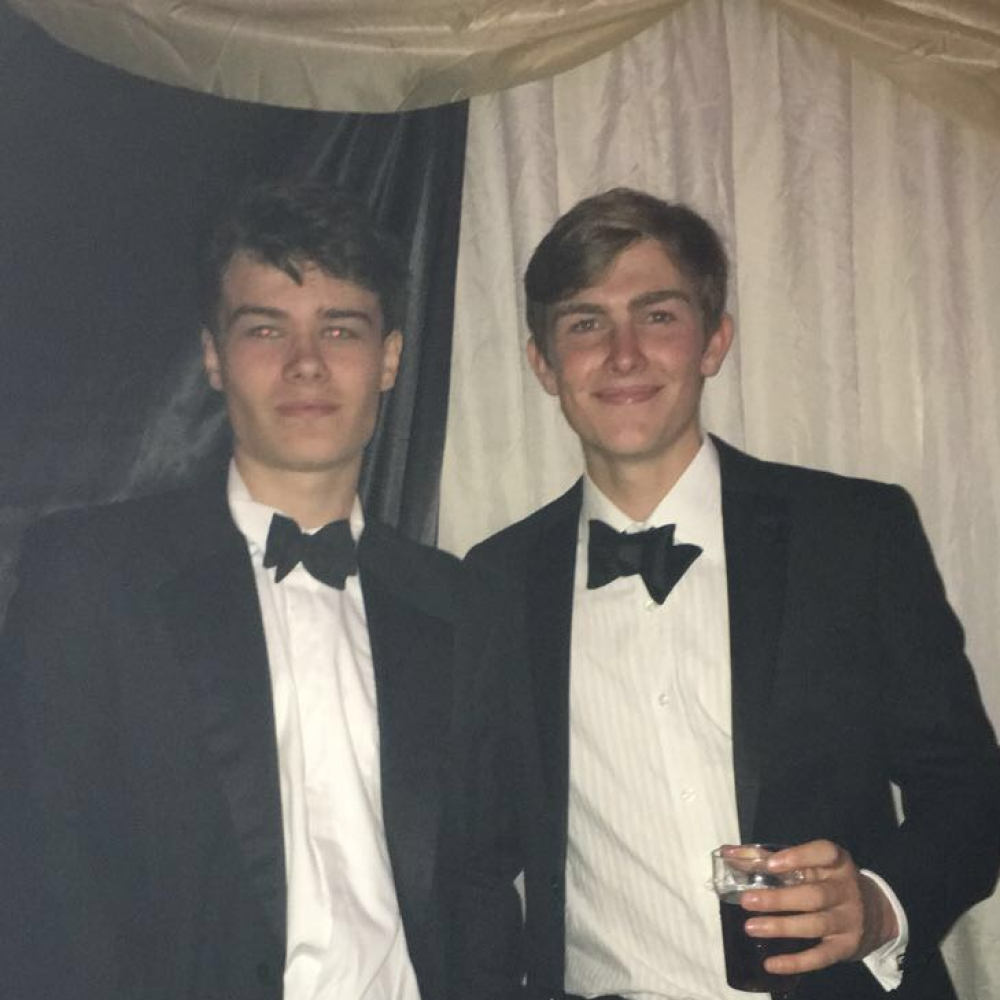Biological adaptations have helped animals, like humans, to survive and even thrive in certain environments. But these changes in biology are random, with some so disastrous that the lead to extinction.
Charles Darwin was the first to publish a theory of evolution in his book, The Origin of Species, in 1859. Since then, scientists have been advances in understand how life on Earth developed, resulting in the plants and animals around us today.
Read more about evolution:
- Mammal evolution: How ancient fossils are revealing the secrets of our earliest ancestors
- Neil Shubin: How do big changes in evolution happen?
- Viruses: their extraordinary role in shaping human evolution
Adam Hart is a professor of science communication at the University of Gloucestershire.As a biologist, broadcaster and author, Adam’s research work covers wasps, ants and other insects, as well African ecology and conservation. He is a frequent broadcaster, presenting documentaries for BBC Radio 4 and BBC World Service on diverse topics, including tree diseases, chance discoveries and living with predators.
Adam began writing his new book on evolution, Unfit For Purpose, after thinking about whether our 'modern day woes' might be explained, at least in part, by the fact that we have changed our environment so much in recent times. Unfit for Purpose expands on this idea, exploring evolutionary echoes and mismatches in a surprising range of issues, from stress to addiction, via obesity, dietary intolerances, violence, fake news, social media and more besides.
So, whether you're still trying to get your head around natural selection, or you're au fait with The Origin of Species, you'll find something new in these science books on the survival of the fittest.
Best evolution books
The Blind Watchmaker
Richard Dawkins

It would be hard to compile a list of books about evolution without including something from Richard Dawkins. His book, The Selfish Gene, might be the choice for many, but for me The Blind Watchmaker is the better title, and was an important part of my journey towards becoming a biologist.
Published in 1986, Dawkins aimed to dispel the idea that complexity in the natural world requires a “designer” and that complex structures, like an eye, can evolve through natural selection (the “blind watchmaker” of the title). Dawkins covers a great deal of ground in the book and illustrates his ideas with a fabulous range of examples.
He also makes use of computer modelling and theoretical approaches to explore the limit and scope of selection driving evolution, bringing these techniques to a mainstream audience and showing the power of theoretical approaches. I first read the book as a soon-to-be undergraduate in 1993, and it built up a real sense excitement for my impending academic journey.
Why Evolution is True
Jerry Coyne
SQUIRREL_TEXT_13068192
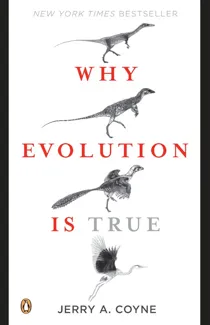
Building on the legacy of Dawkins’ spirited public defence of evolution, Jerry Coyne’s bullishly-titled book Why Evolution is True does exactly what it says on the cover!
If you ever need to gird your loins for an intellectual joust with someone who “doesn’t believe in evolution” then Why Evolution is True is the book for you. Clearly written, engaging and comprehensive, the book presents as compelling a case for evolution now as it did when it first came out 10 years ago. Coyne also hosts a blog of the same name that is well worth a visit if you want to stay up to date with important current evolutionary science.
Darwin Comes to Town
Menno Schilthuizen
SQUIRREL_TEXT_13068193
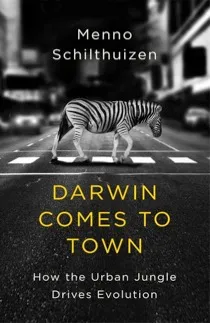
How does life adapt to us? This is the big question that this fascinating exploration of our influence on the natural world attempts to answer.
From city pigeons to urban weeds, Schilthuizen brings together a wide range of studies to illustrate his clearly expressed ideas. Others have explored our influence on evolution and the rise of “unnatural selection” (indeed, I made a documentary for BBC Radio 4 on the subject a few years ago) but Schilthuizen’s account is the most interesting I have come across.
If you want to spend some time in the company of a wonderful scientific story teller, and learn a great deal along the way, then this book would be an excellent choice.
- Read this extract from Darwin Comes to Town
The Incredible Unlikeliness of Being
Alice Roberts
SQUIRREL_TEXT_13064633
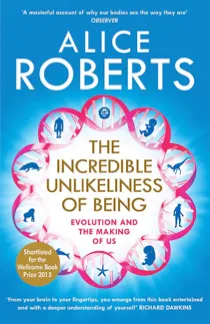
Alice Roberts is, of course, familiar to many from her engaging broadcasting, but she is also an academic working on human anatomy and evolution. The combination of academic rigour and clear communication to a wider audience is, when done well, very powerful and in The Incredible Unlikeliness of Being that combination produces one of the best books on human evolution there is.
Drawing together genetics, anatomy, evolution, human ecology and much more besides, Roberts tells the story of why we are what we are. An ambitious aim, that is more than achieved.
Charles Darwin: Voyaging
Janet Browne
SQUIRREL_TEXT_13068065
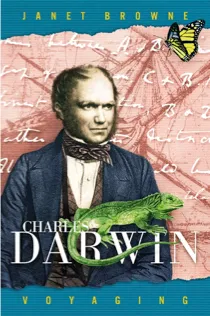
The first of two volumes exploring the life of Darwin, Janet Browne’s Charles Darwin: Voyaging is a must read if you want to understand the story of evolution as an idea, the social and historical context from which it emerged, and the man who brought together perhaps the greatest of all scientific ideas.
I was gripped by this book when I first read it, and my copy is currently in my carry-on luggage waiting for the next long-haul flight and a long-overdue second reading. Once that is done, I’ll be starting on Browne’s second volume, The Power of Place.
Voyaging is a comprehensive and fascinating biography (arguably the definitive Darwin biography) that covers Darwin’s life up until the age of 49, including of course his Beagle voyage of the title. It is a masterpiece of factual story telling and if I had to save one book from a fire, this would be it.
If you're looking for more of the best science books, check out the best science books for kids, or have a look at our favourites on health and happiness, physics, wildlife and nature, and space and astronomy.
